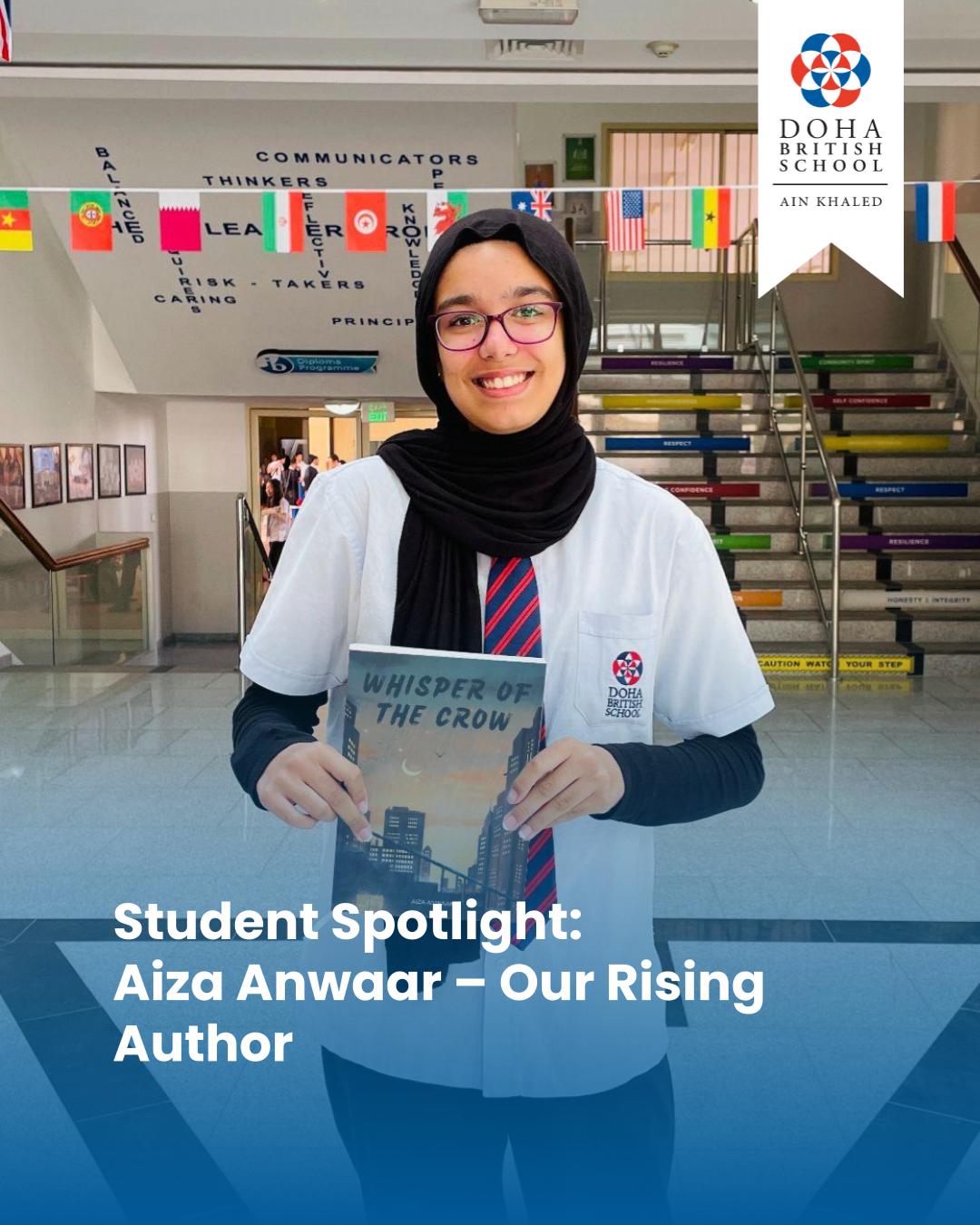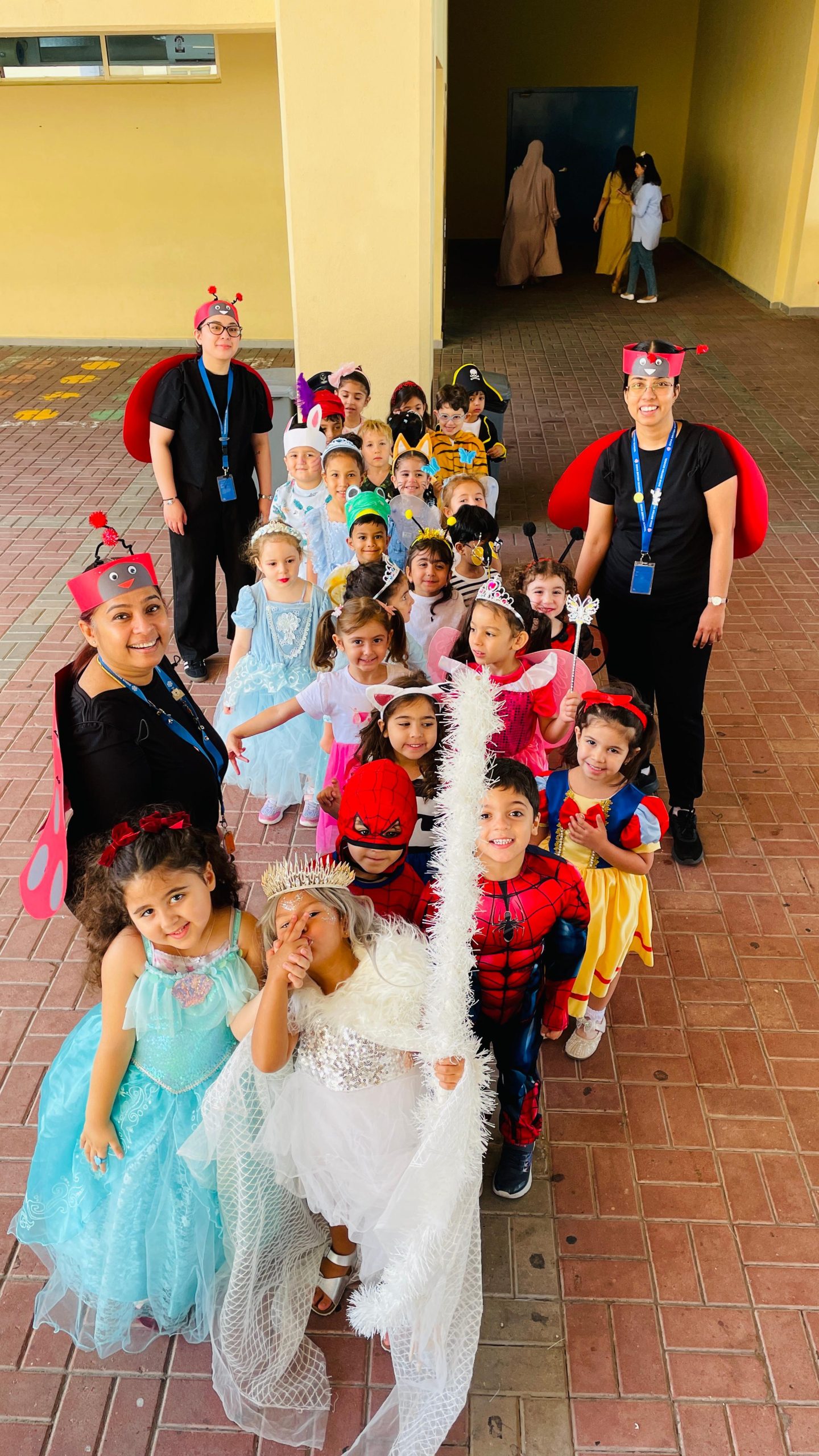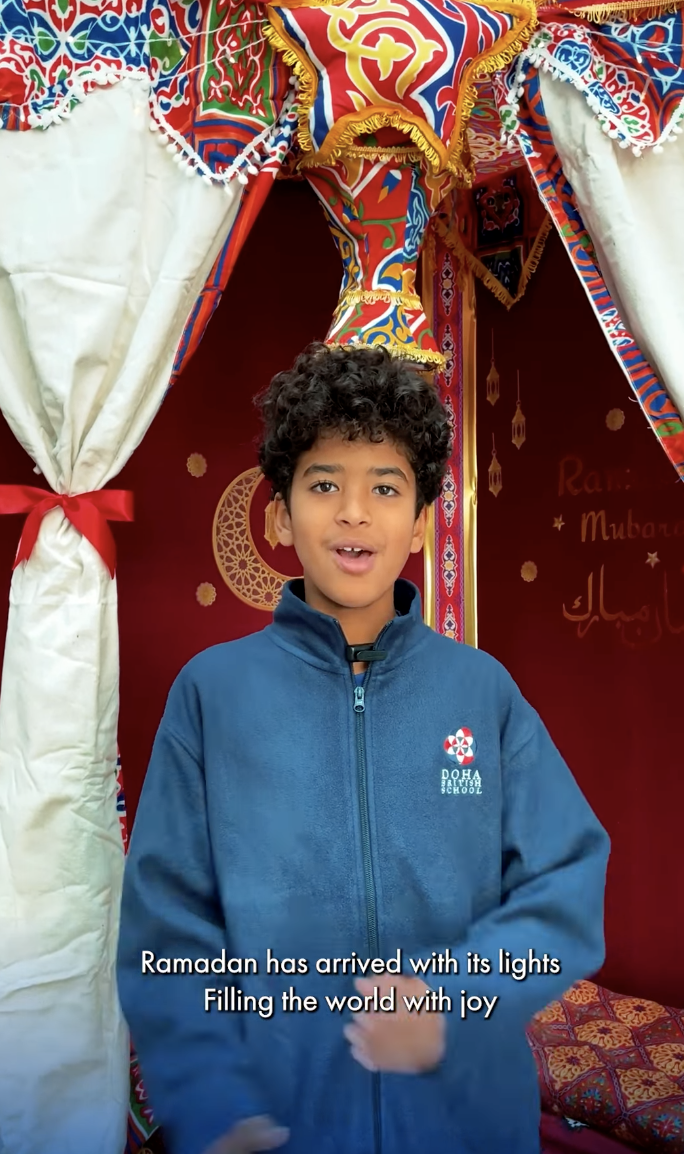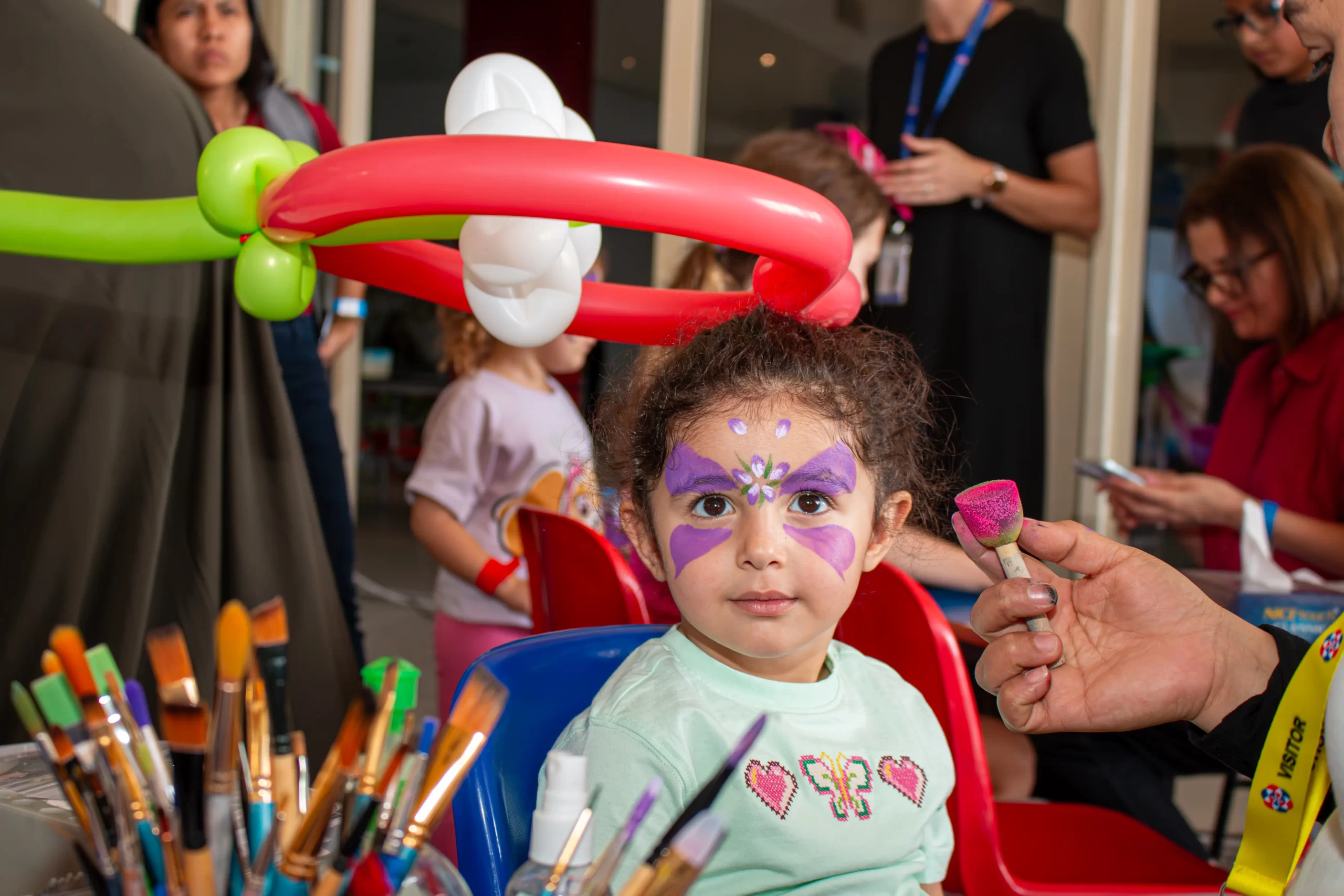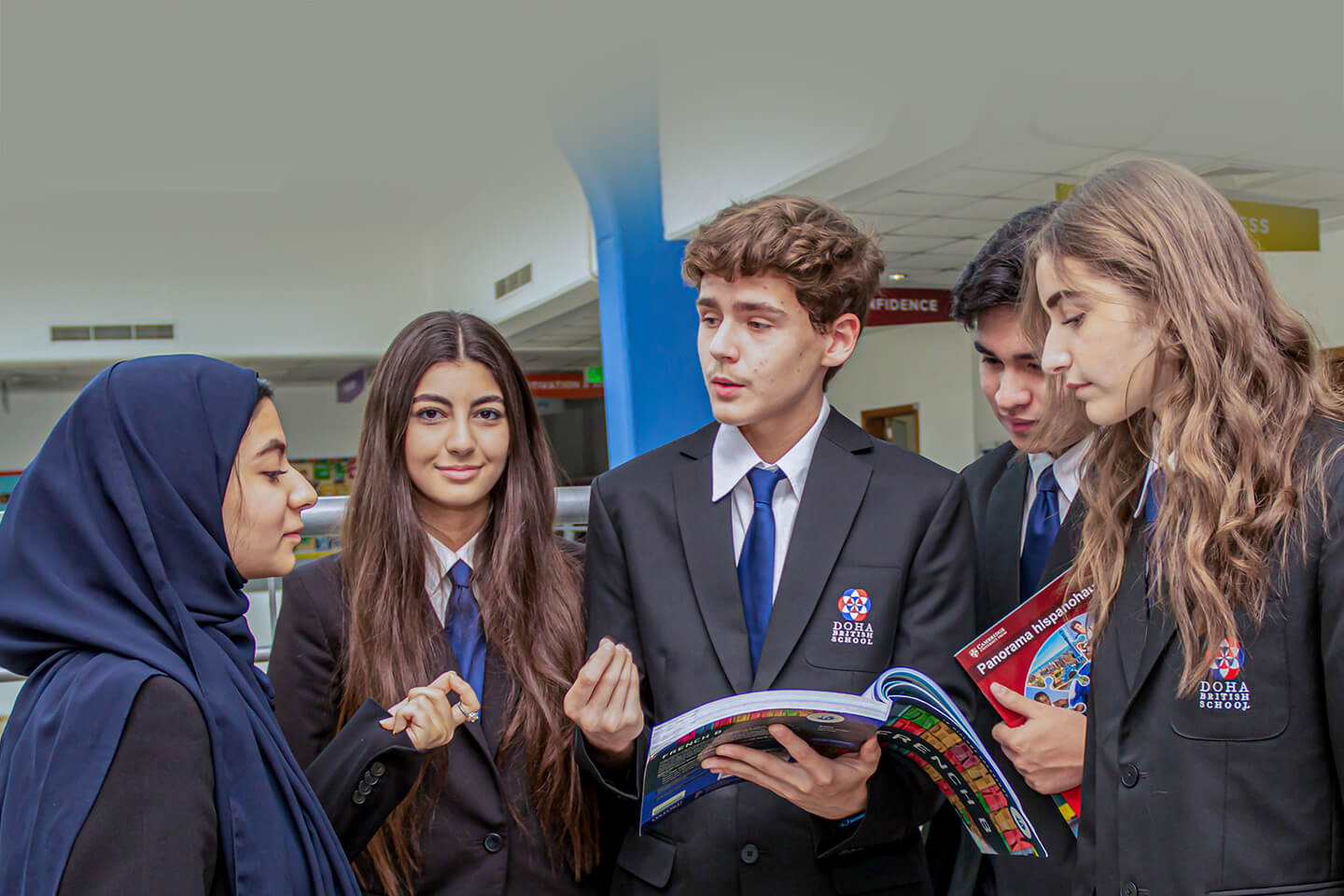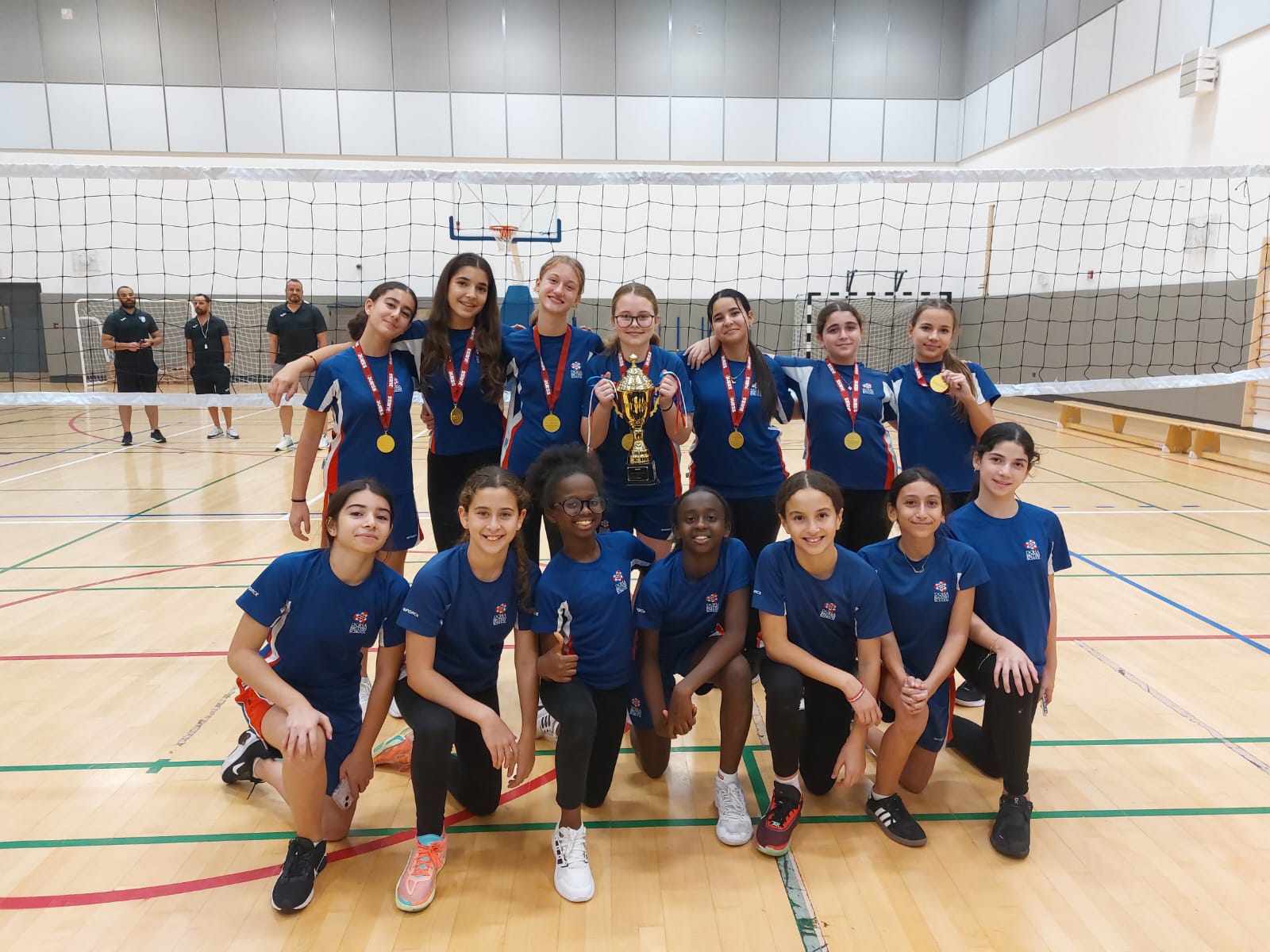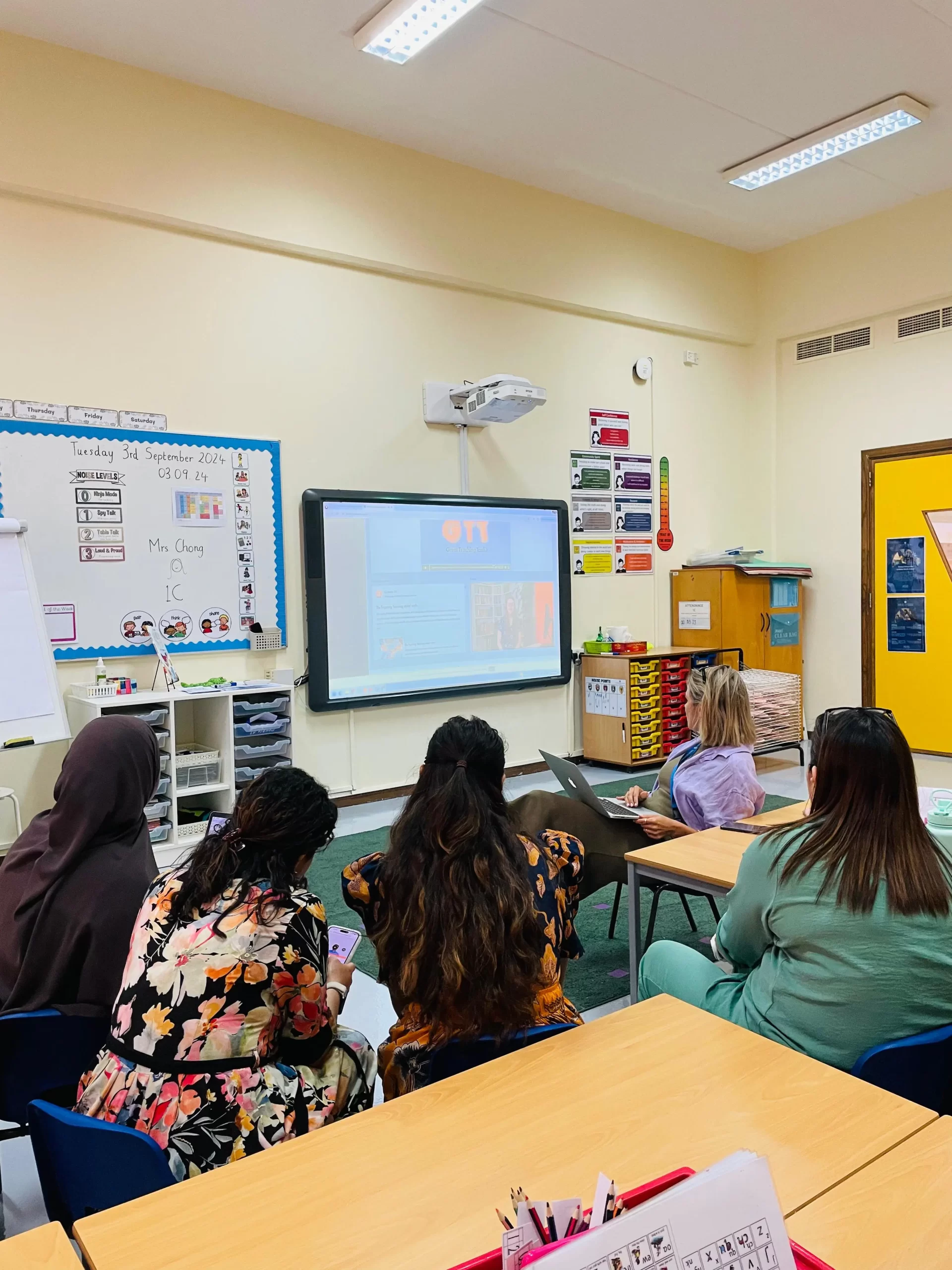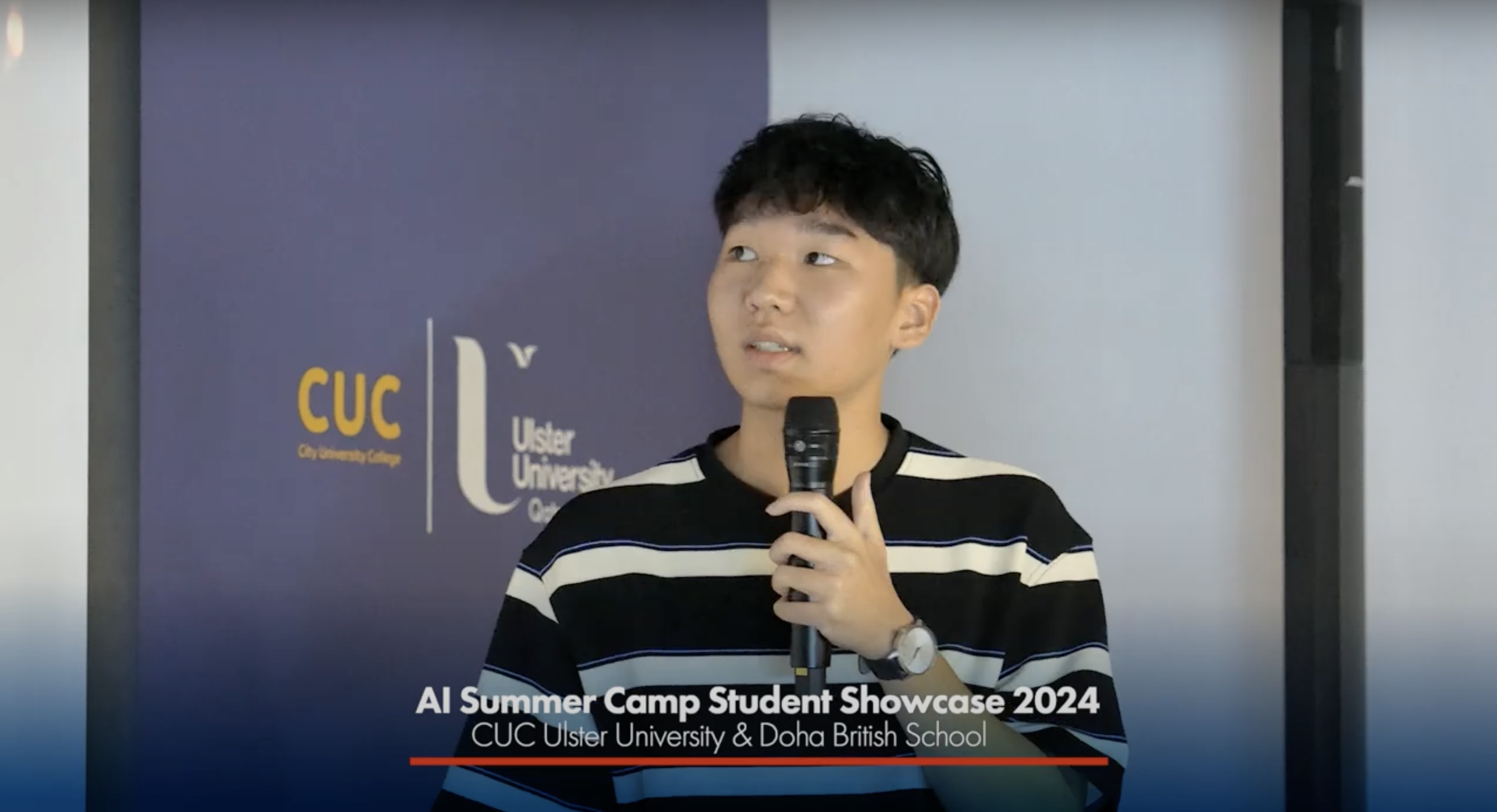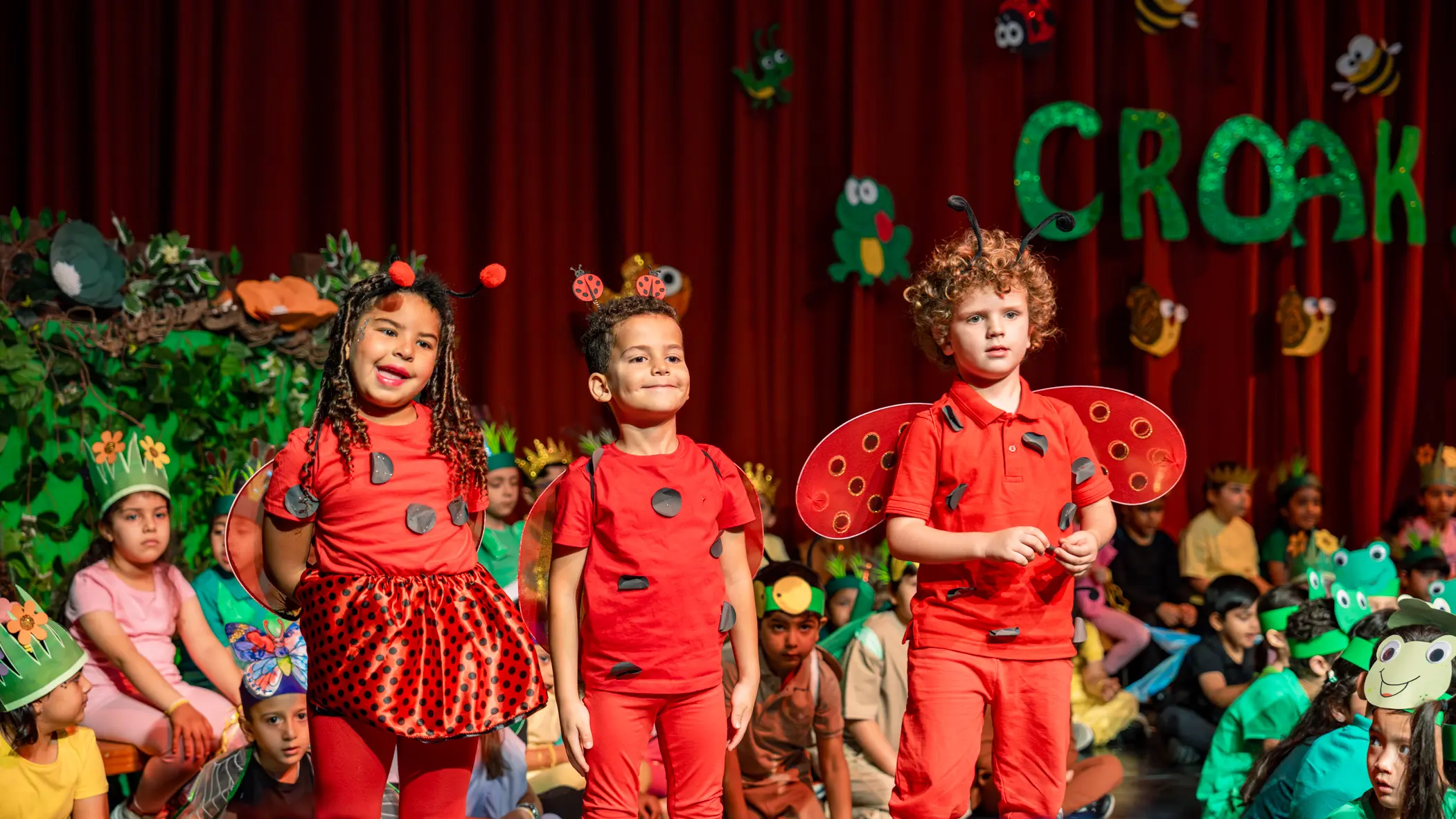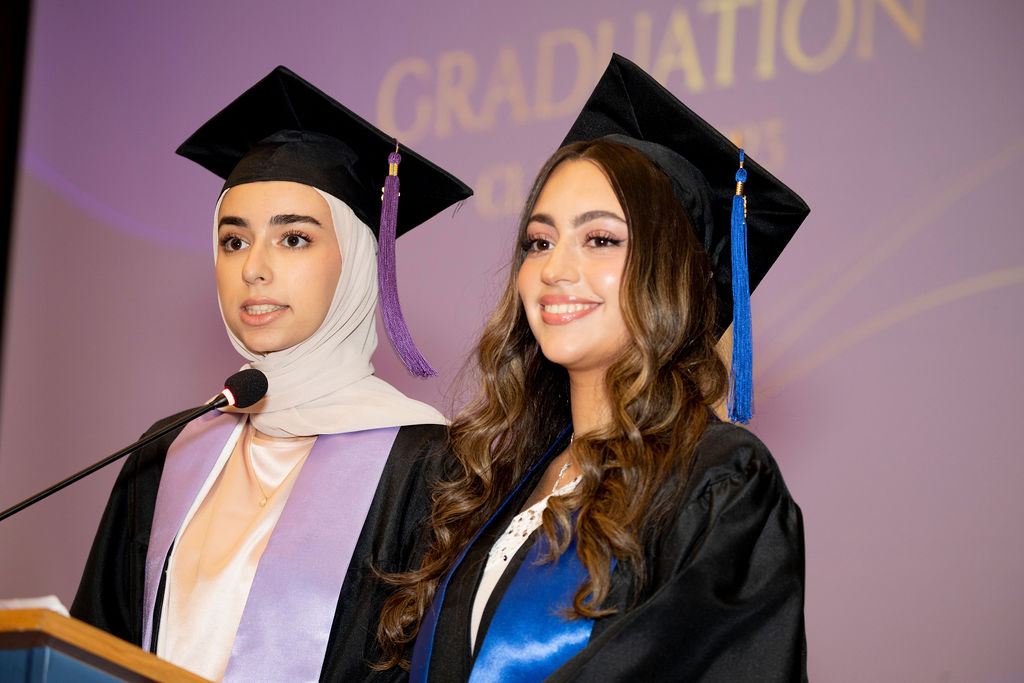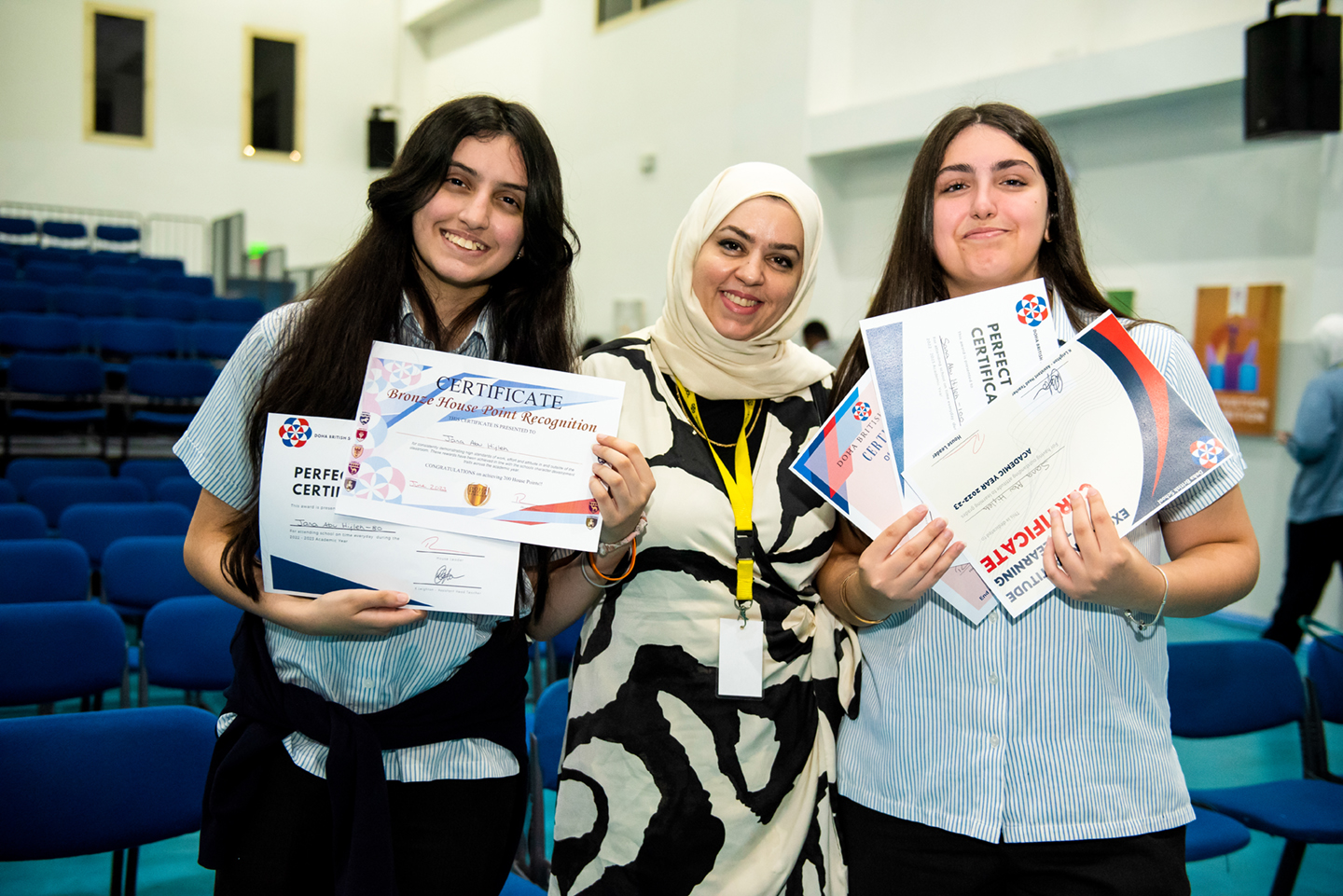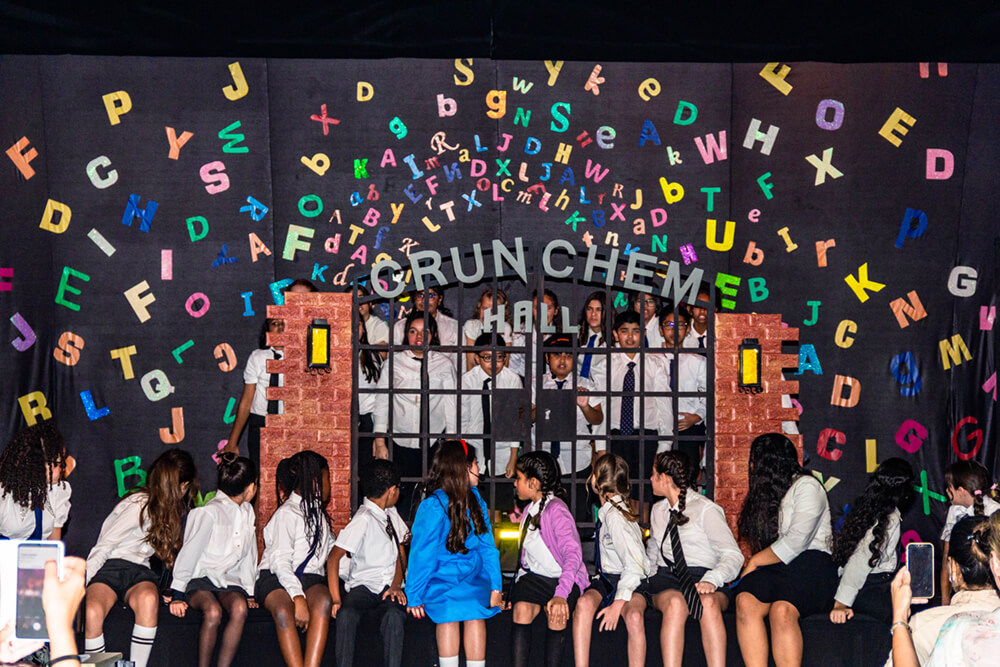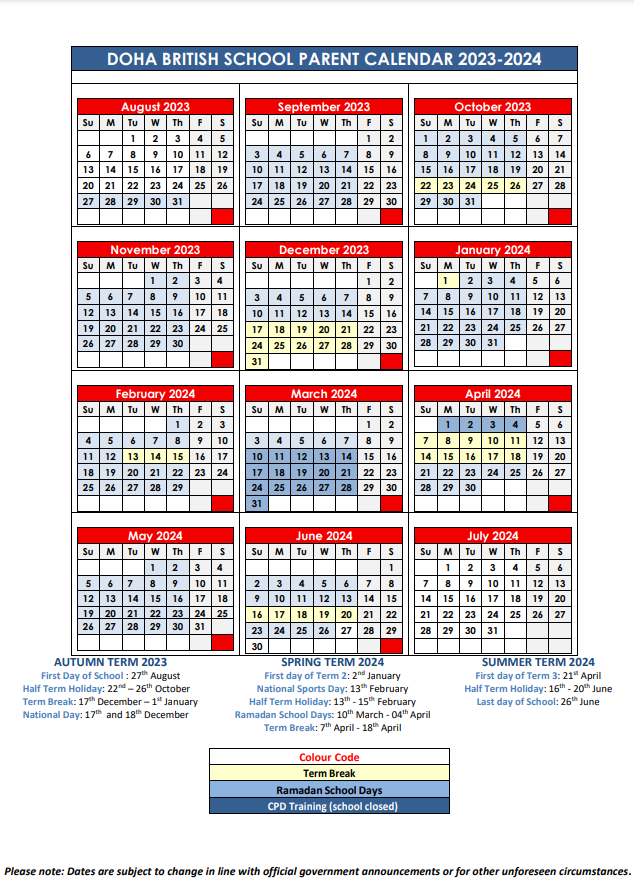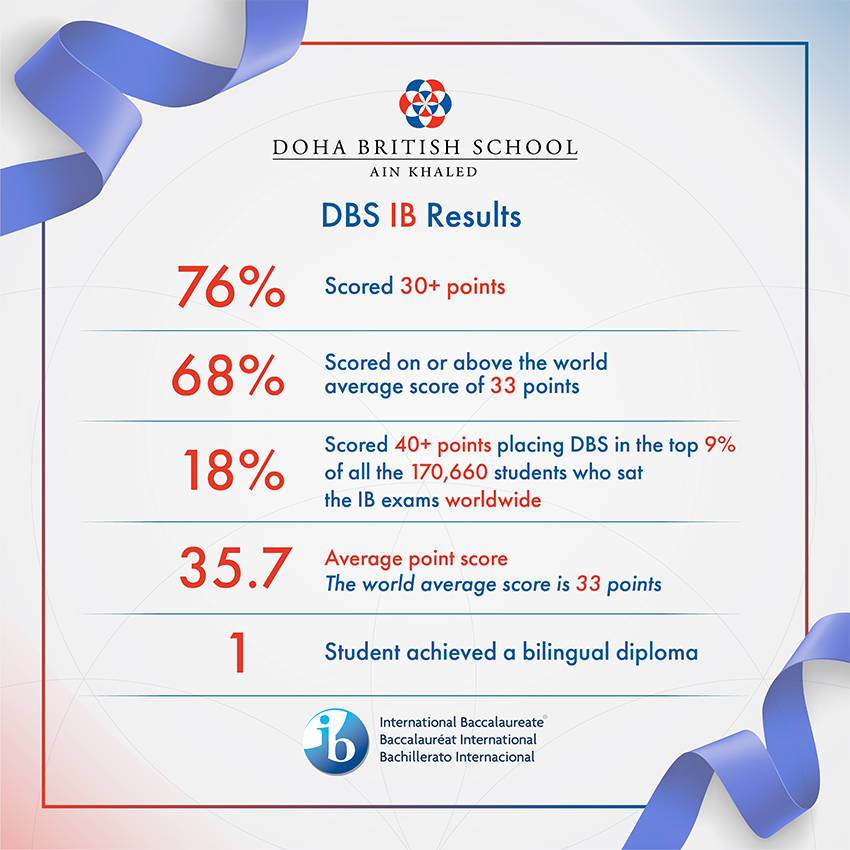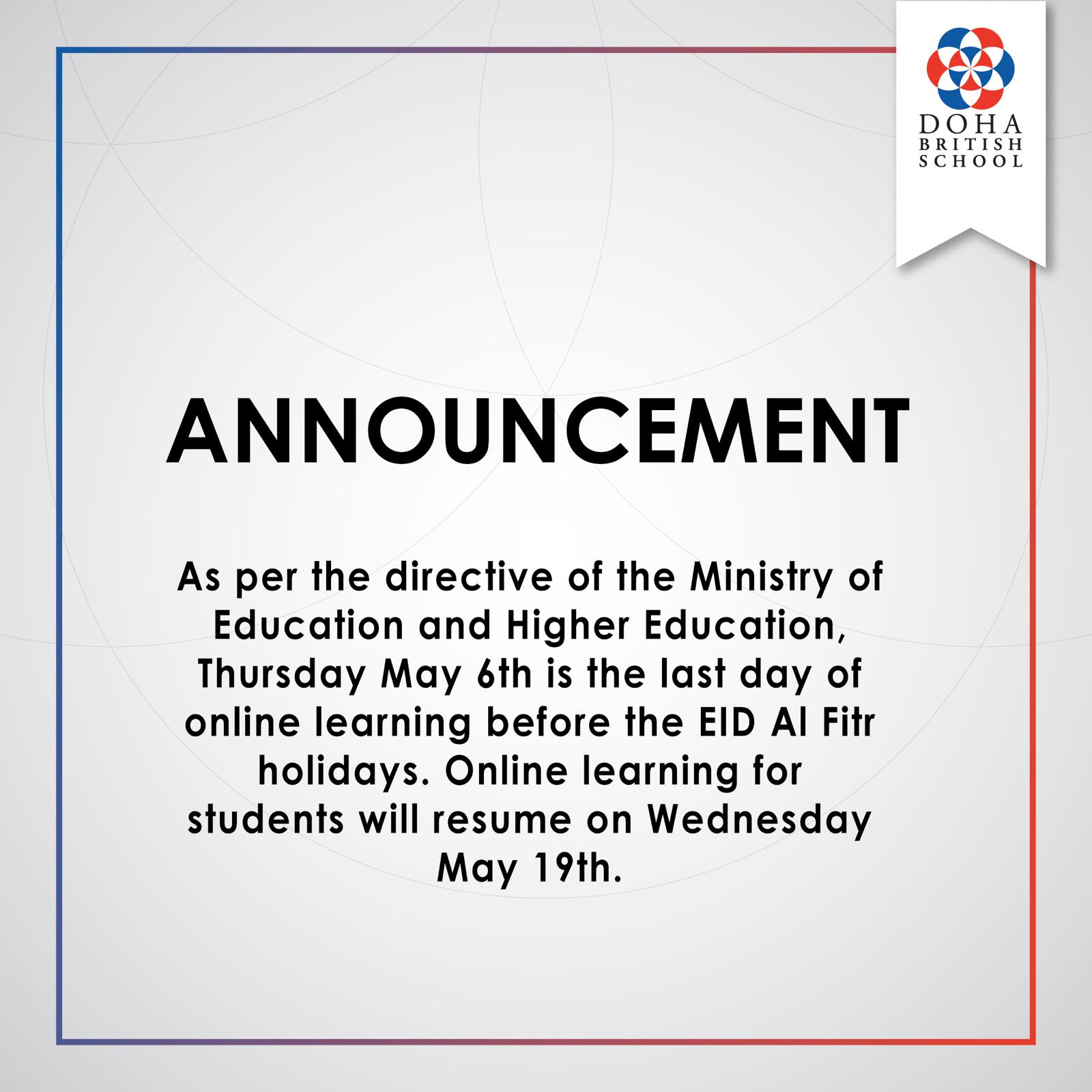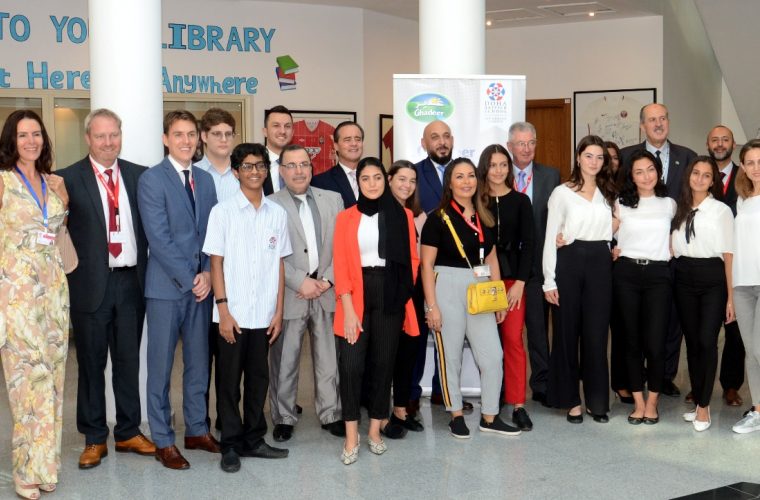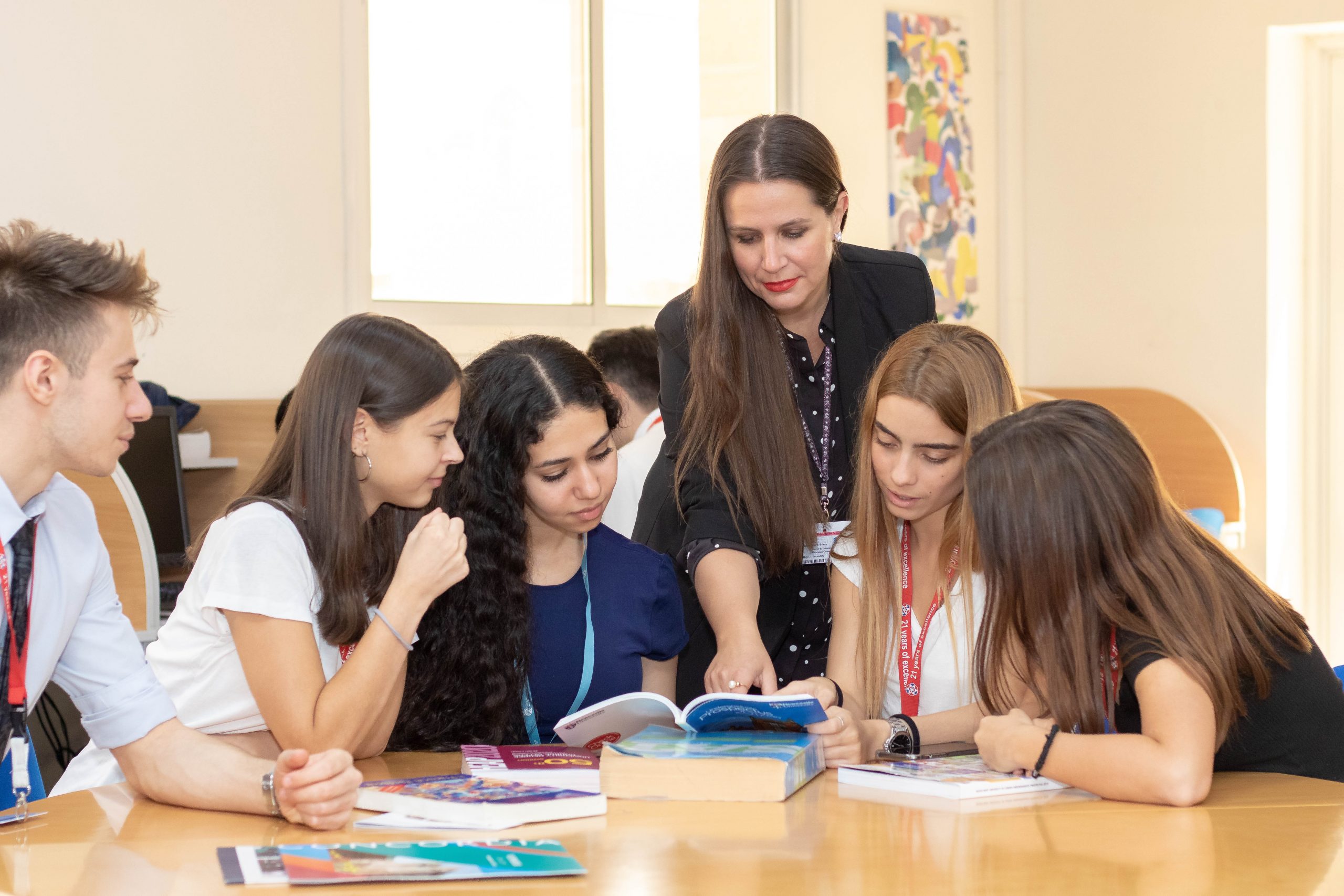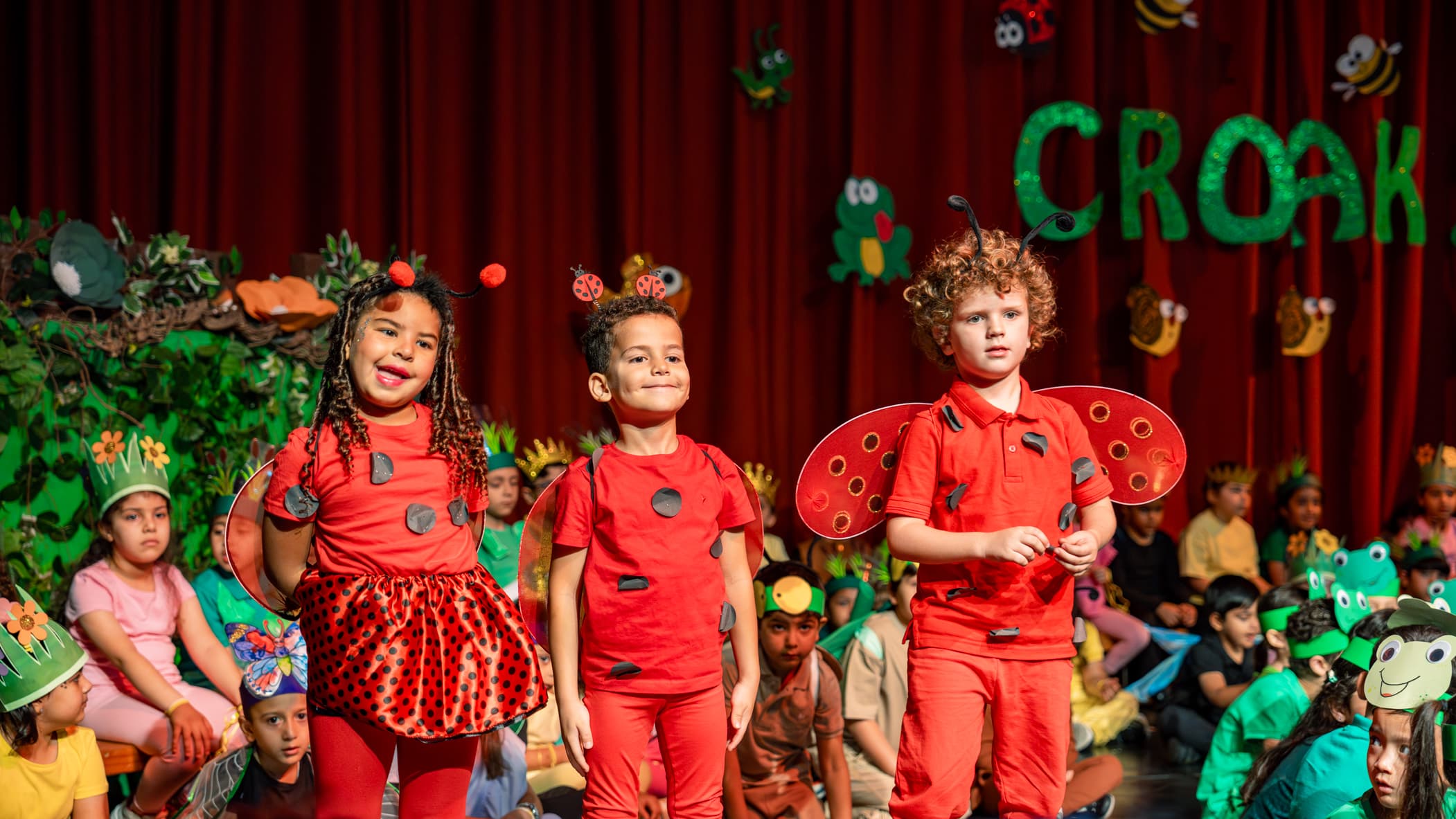
What's Happening at DBS
- Home
- News
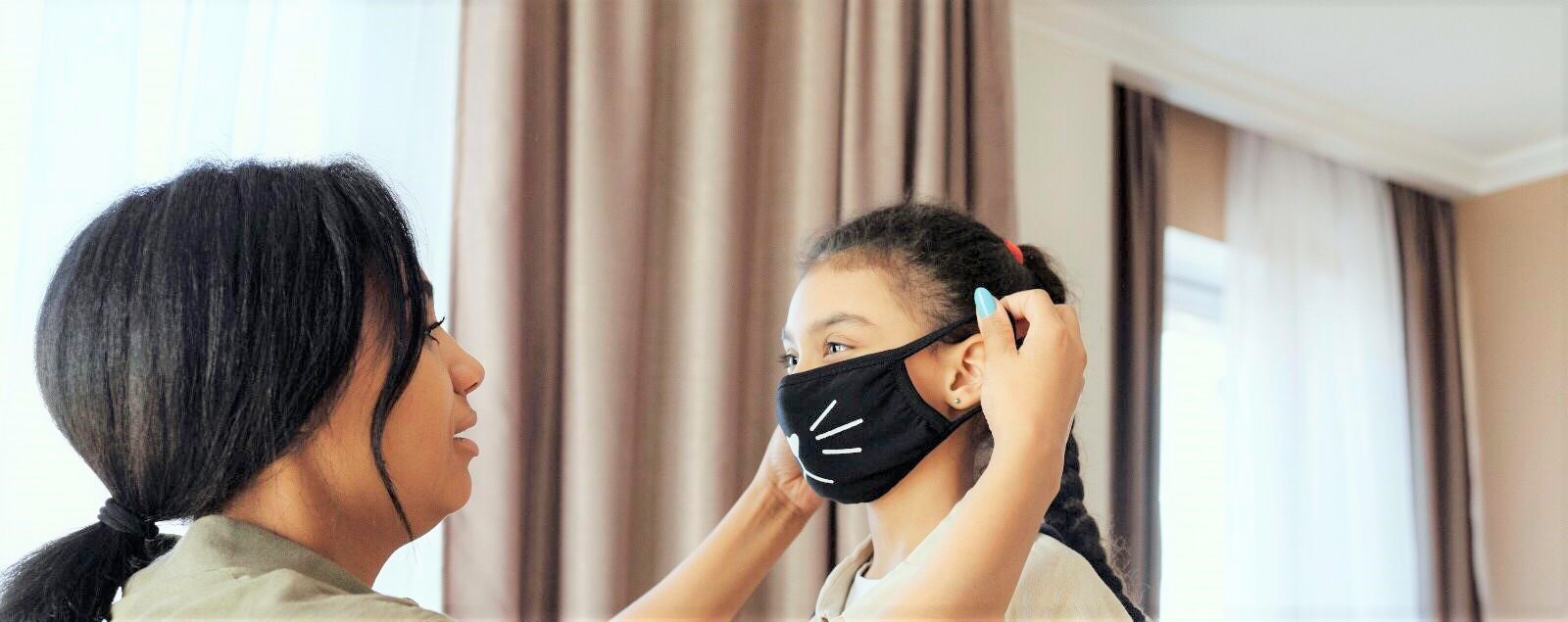
September 3, 2020

Coming back to school after months of strict restrictions can be daunting to some of our students. While some find the opening of classes exciting, others find it hard and challenging. Read along and find some tips on how we can all assist and help our students as they transition back to blended and eventually, physical learning.
Coronavirus, coping with anxiety
It’s been a really uncertain time for everybody, both children and adults. It is difficult to tolerate uncertainty but that’s what we have to do right now. By doing so, it can help us manage anxiety in the long term. Lots of people are experiencing anxiety and that’s okay. Some people find it harder than others to manage.
It is hard to gauge the full impact that the situation is having on children’s mental health and wellbeing. Furthermore, it’s important to acknowledge that we are not all in the same situation. For a lot of children, it will be exciting to return to school and they will adapt quickly and smoothly to their new routine. However, for others coming back to school, it will be a challenge and we need to remember the children’s experiences of the lockdown period will have been varied.
It is going to be important to talk to your children about how they are feeling in a calm way. Many adults are anxious right now but it is important for adults to try to model calmness.
Listen and validate their feelings
Listen and validate, don’t assume that you know how they feel, we don’t know, and they might be feeling lots of things. Validate their feelings rather than coming up with answers, for example “it sounds like you are really worried right now and that’s understandable”.
We don’t have all the answers. It’s possible we will go to school then VLE increases again, then back to school, you don’t have to pretend to know.
Limit news and misinformation
If children have particular concerns, it may be helpful to address some of the facts together in a simple and clear way. For example, if your child is worried about going back to school and getting unwell or passing it on to someone else, you could watch the news and check out the infection rate together. If there is any misinformation they have repeated, try and address this in a simple and clear way. At the same time, you don’t want children to watch too much news as this could make any anxiety worse, so limit it but actually addressing misinformation can be helpful.
Limit reassurance
This is really hard to do but we know that giving too much reassurance actually keeps the anxiety going. It’s very tempting, as giving reassurance can help anxiety in the short term but in the long term it doesn’t. Instead, encourage your child to ask questions. You can give some reassurance but don’t get into a repetitive cycle of giving lots of it.
Focus on possible strategies
Ask them “how did you manage to adapt in Lockdown?”, “How can you use those strategies to adapt now to go back to school?”. Help them answer their own questions. Help them to solve problems, coming up with lots of solutions and thinking what would be the best way to solve this problem.
it’s a particular problem like “my friend won’t want to speak to me, I’ve not spoken to them for a while”, maybe they could call a friend or Zoom before seeing them again.
There are other strategies that can help, for example, help your child to think what they normally do when they’re feeling worried, what strategies help? Some children find taking long deep breaths helpful, breathing in for 7 seconds and out for 11 seconds, helping them slow their breathing down and help regulate them.
Try to defer their worries
Some children still have lots of worries so deferring worries could be really helpful where any worries that come up in the day, either in their mind or when they have written them down and they come back to them. For example, at 4:00 pm, I am going to have a half an hour worry time. What we know is that when they come back to them, the worries don’t seem as bad or they forget to have that worry time.
Regaining a good routine
Help children get back into a routine, helping them get up early again by going to bed at a reasonable time. Try doing the school run, try putting on their school uniform, reconnecting with friends again. Preparing them for what’s about to happen. Prepare children for changes in the school (as planned by DBS), for example smaller classes, working in school some of the time and online some of the time. Also break times won’t happen in the same way as they did before and washing of hands will be more frequent etc. Rewards for children who have been anxious but have managed to go to school is another helpful idea.
Self-care and kindness support good health.
Finally, it is really important that children are reminded to look after their own mental health. Eating healthily, exercising, connecting with friends, doing things they enjoy. These are really important during this time of huge transition, and also please encourage children to be kind to each other, to look after each other. This is a difficult time, just go easy on yourself as parents. It’s not going to feel okay overnight. It’s going to take time, it’s going to be a transition and that’s okay.
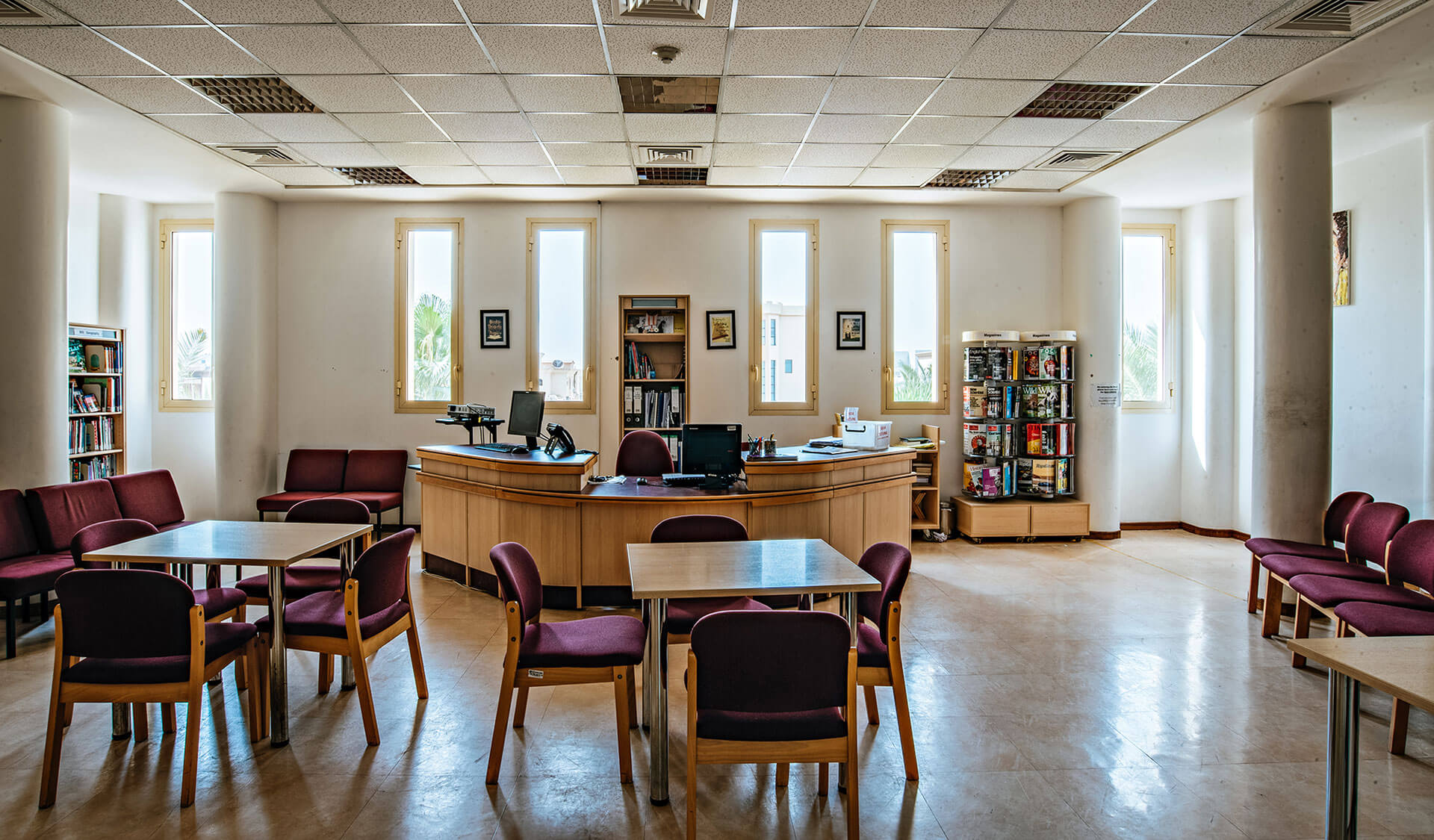
Contact Details


